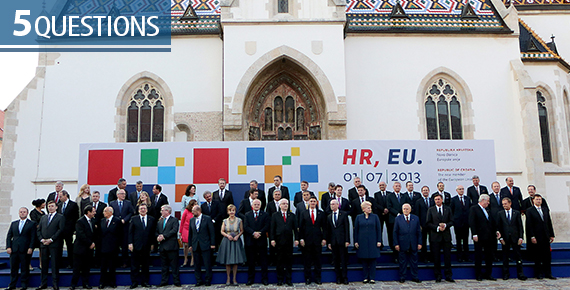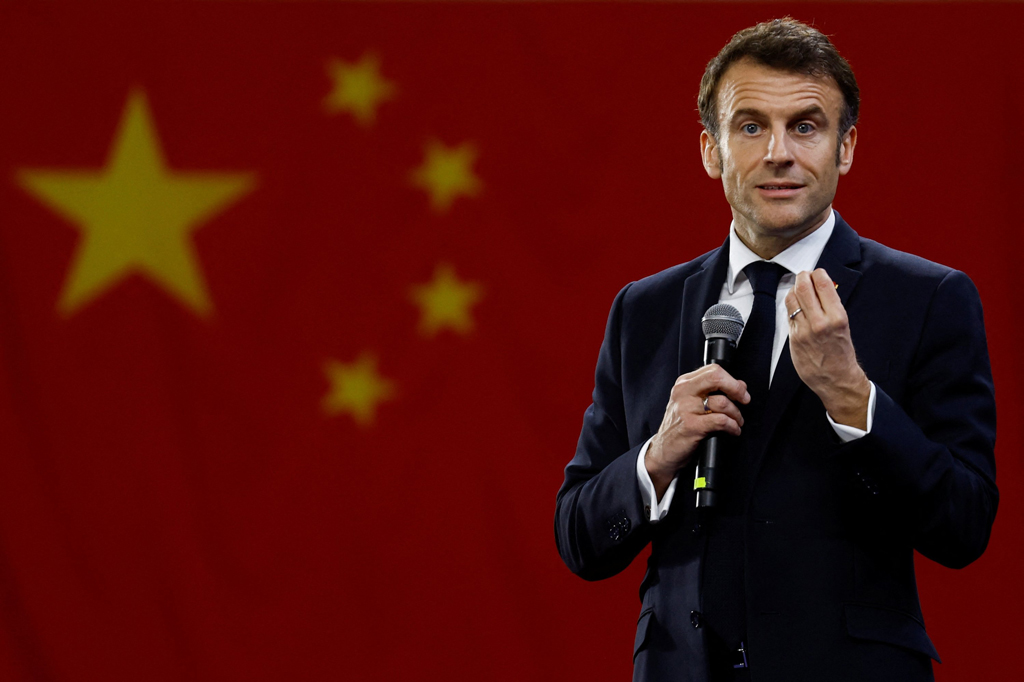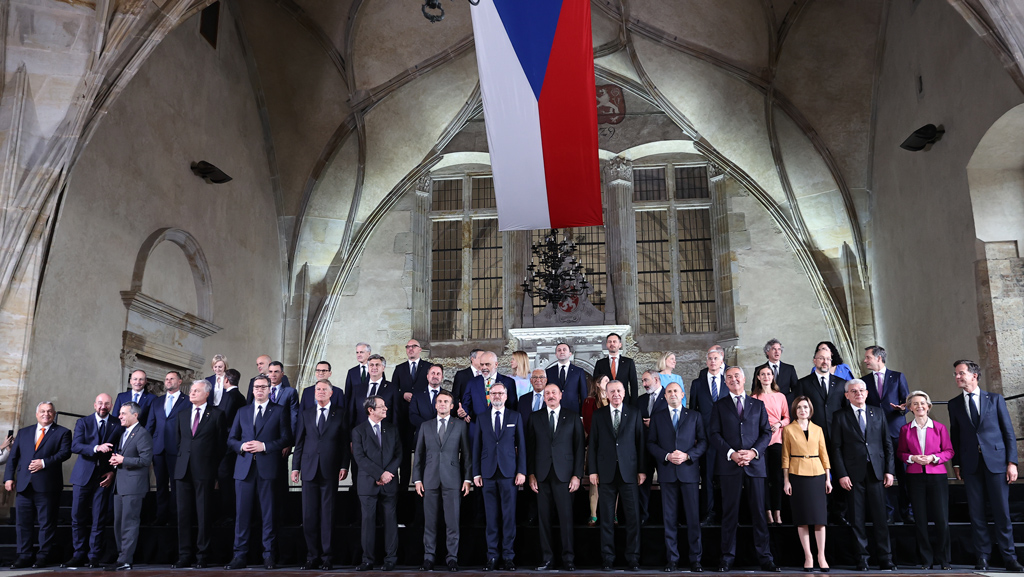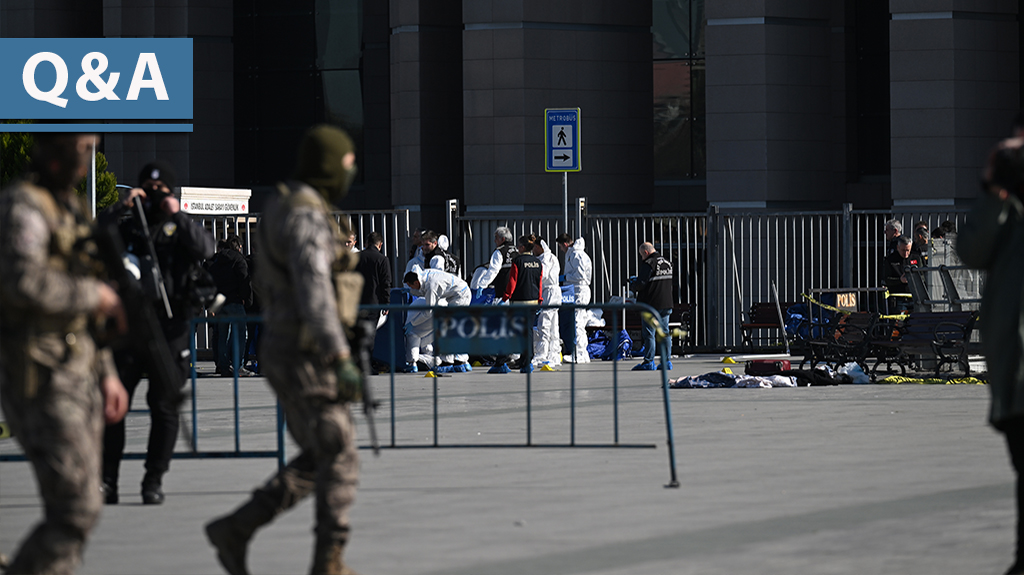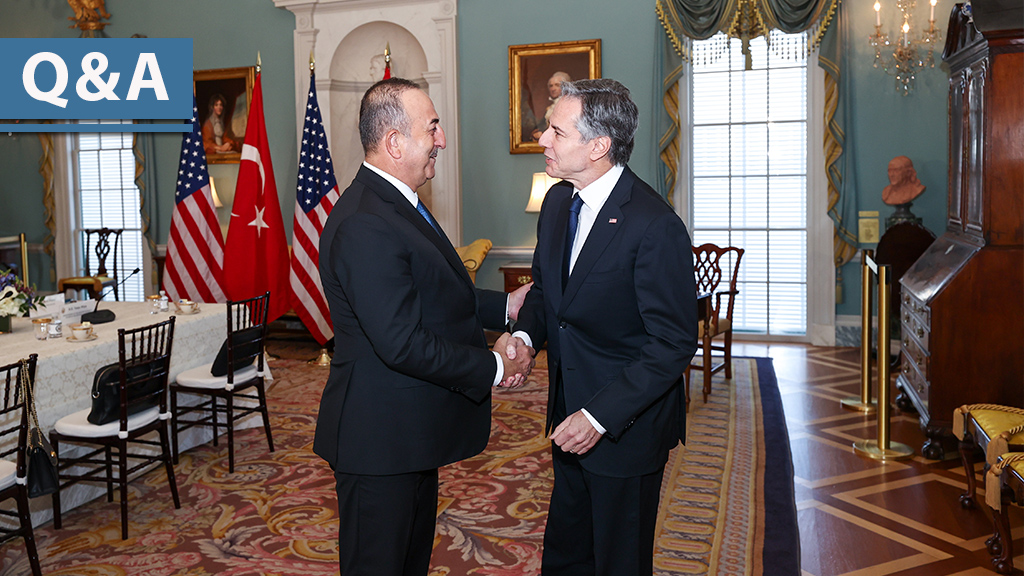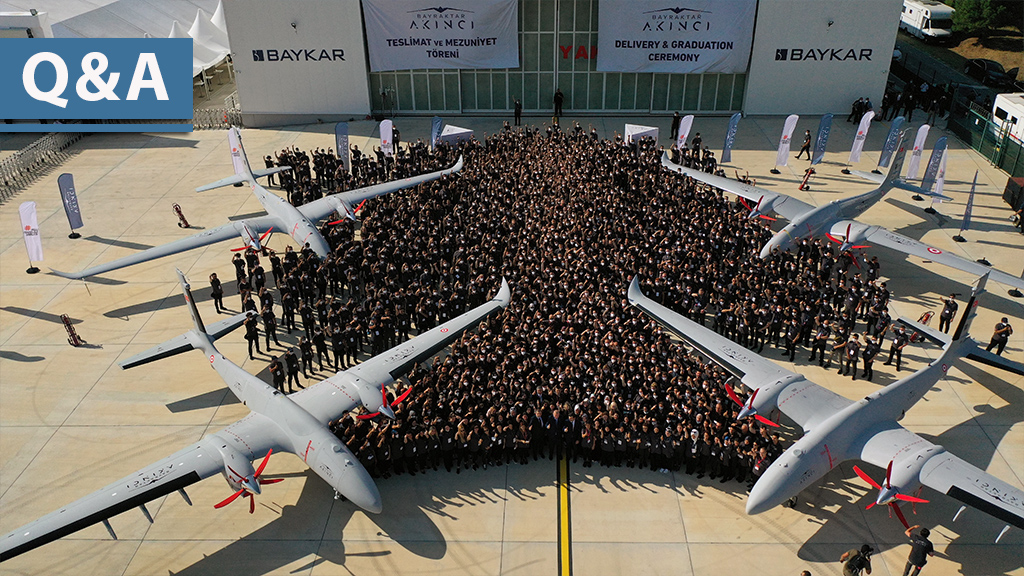1. How was the EU membership process of Croatia developed?
Following the independence of Croatia, the main stream political actors generally leaned towards the EU membership. In the aftermath of the war, pressures from the EU about turning some commanders over to the judiciary increased nationalism in the country and strengthened the anti-EU position; however, it did not cause any serious deviation from the membership perspective. Croatia signed the Stability and Partnership Agreement (SPA) with the EU in 2001, applied for full membership in 2003; her candidature was approved in 2004 and accession talks began in October 2005. The negotiations lasted about six years. Due to some delays by Croatia in turning some criminals of war to the International Criminal Tribunal for the Former Yugoslavia (ICTY) and the conflict with Slovenia, Croatian negotiations were interrupted from time to time but were concluded with an accession agreement on December 9, 2011. With this agreement, the EU announced the accession date for Croatia as July 1, 2013. In a referendum held on January 22, 2012, two thirds of the Croatians voted for the EU membership although the turnout was low, 43.3 percent. Following the vote, the Croatian Parliament unanimously approved the EU membership agreement. When the conflicts with Slovenia on several political and financial issues were eliminated through bilateral talks, the last obstacle in front of Croatia to become an EU member was removed.
2. What will the political and economical consequences of Croatia’s membership be in the short-term?
Croatia still needs reforms in some areas although the negotiation process went quite smoothly compared to some other countries. Corruption and organized crimes are considerably high as they are in all the Balkan countries in general. Sometimes inconsistencies and flexibilities are seen in prevention and punishment in these areas. Besides, the state institutions act for the interests of some individuals or parties due to connections between political circles and bureaucracy as well as the State Economic Enterprises. It is expected that the EU membership will put structural reforms into a high-gear and well-establish the rule of law. However, the change is slow in Croatia as a small country where everyone somehow has some kind of interests in the status quo. Therefore, radical reforms about the defects and failures in the system have not been made yet although the EU conditions require the foundation of new establishments and installation of control mechanisms.
As it was in many former Communist countries, in Croatia as well, there are groupings between the nationalist-former Communists and the liberals. Since the independence of the country, however, various foreign policy issues had helped different ideologies to adopt closer positions to each other for the sake of Croatia’s interests among which were the international recognition of the country, the land ownership and the EU accession. After the membership goal was achieved, differences of opinion in the national issues may be more visible.
As for the economy and foreign trade, Croatia was negatively affected by the 2008 global financial crisis and faces important issues such as economic shrinkage, unemployment and ill-pay. The EU officials underline that the solutions to these problems can be found through the restructuring of the country’s economy.
Although Croatia becomes a full member in the EU, the Croatians are not included in the Eurozone. However, Croatia has strong commercial relations with the EU countries. In 2011, 59.8 percent of the exports and 62.1 percent of the imports were realized with the other member states of the Union. The Customs Agreement regime is to reinforce these relations expectedly. Plus, the increase in capital in-flow from Europe will make positive contributions to the national competition and productivity as the Croatian entrepreneurs having more partners in Europe will set the ground for developi

